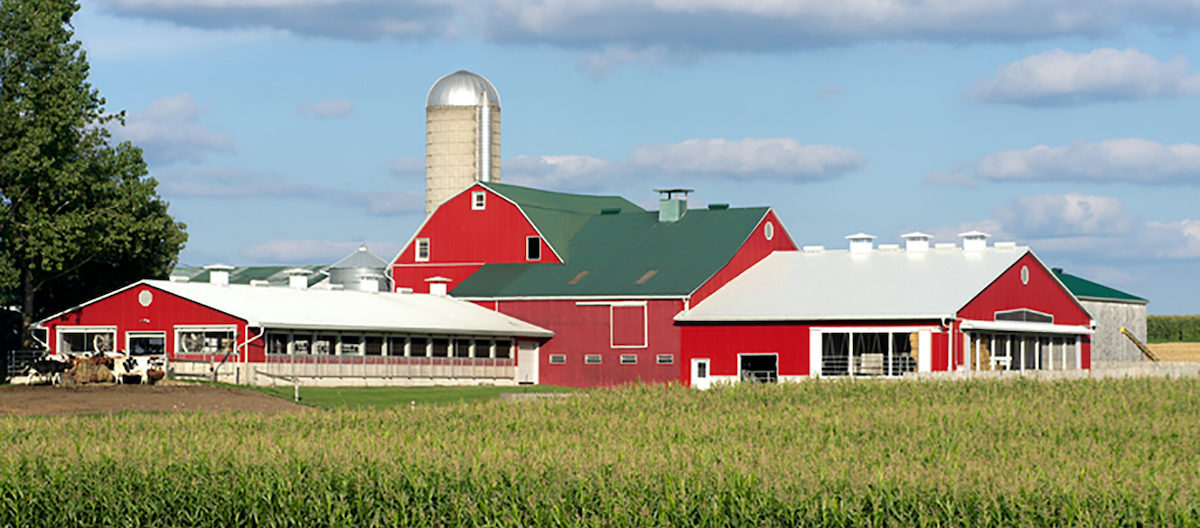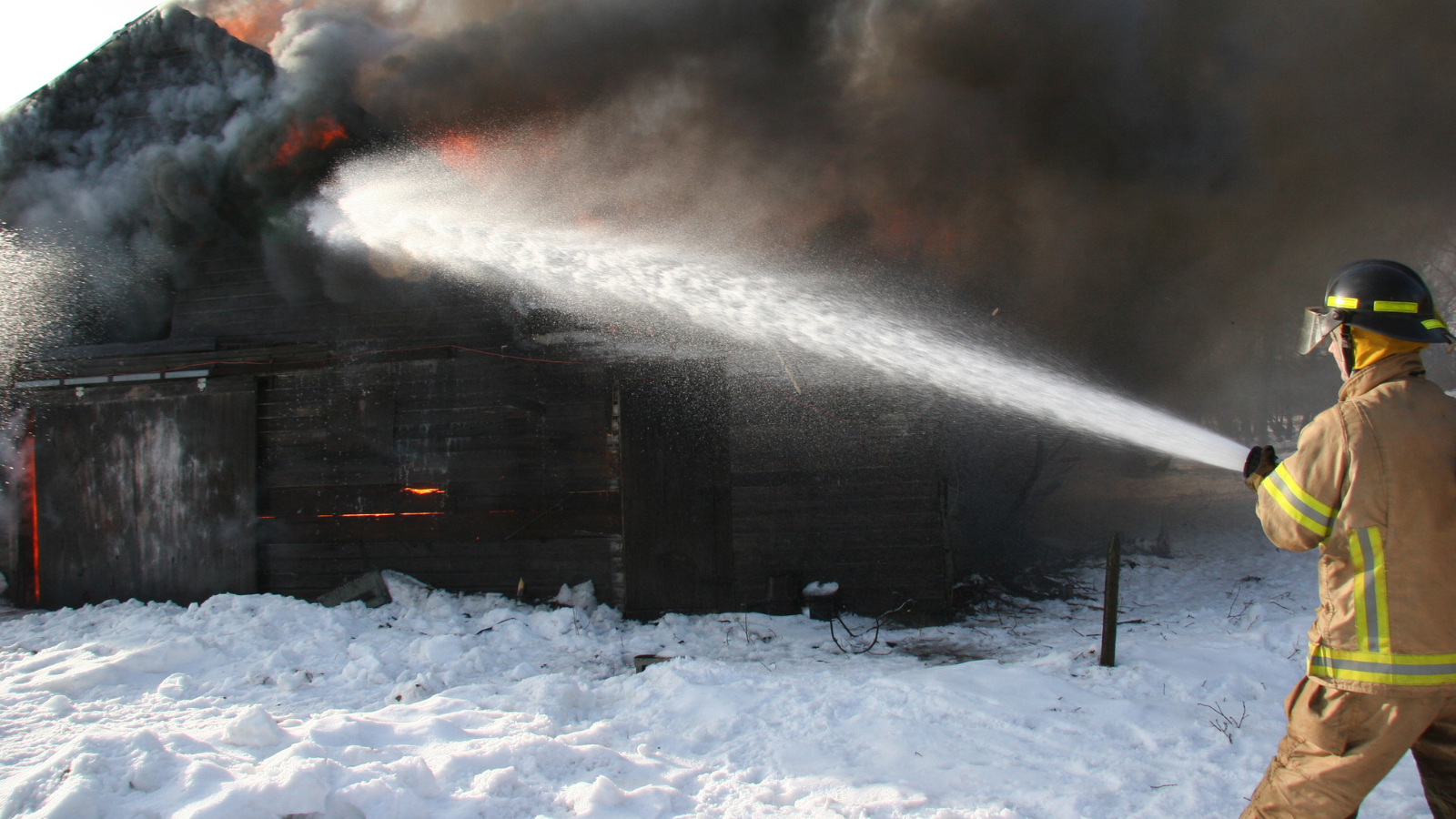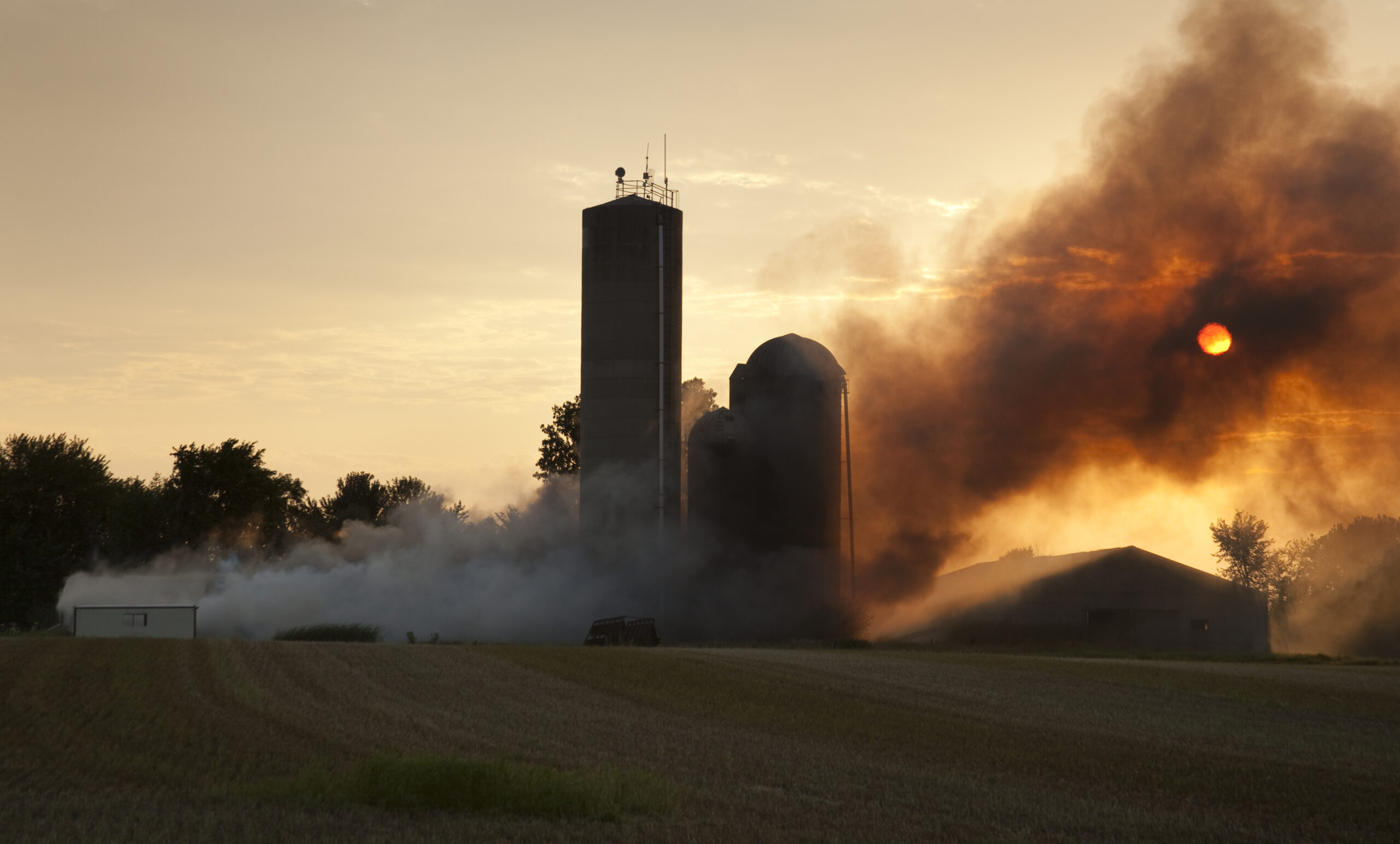This post was originally written for one of our amazing broker partners McFarlan Rowlands Insurance Brokers.
What is a risk?
A risk is the potential for something to go wrong, resulting in an unplanned loss. Recovering from a loss can be expensive, which is why people and businesses rely on insurance. Insurance protects you against the uncertainty and possibility of things going wrong. Managing risk on your farm is essential for keeping you protected.
Some Risks an Insurance Policy Will Protect You From:
- Fire
- Lightning
- Flood
- Pipe rupture
- Vandalism
- Theft
Everyone faces a variety of risks and hazards in both personal and business life. However, proper education and management can minimize these risks and create a safer environment.
Creating a Personalized Risk Management Plan
As individual farms have grown over the past decade, the likelihood of something going wrong has increased. As a farm owner, you face numerous risks in your daily operations. A risk management plan helps identify potential problems and prepares you to handle them. For example, noticing an issue with an electrical panel early on may involve a small repair cost, but ignoring it could lead to significant damage later.
While you can’t plan for every scenario, a comprehensive risk management plan will help you save money and resources and improve your response if something goes wrong.
We’re Here to Help

Reducing hazards and managing risk on your farm can take various forms, but the easiest way is by checking items during your daily chores. You can also invite a trained professional to visit your farm for advice and recommendations. Trillium Mutual’s team of trained risk inspectors works with broker partners like McFarlan Rowlands to protect your livelihood, family, and assets. Speak with your broker to schedule a meeting with a risk inspector. Use the guide below as a starting point for creating your personalized risk management plan.
Daily Chores Should Include:
- Maintain adequate clearance around electrical panels
- Inspect fences and secure sliding doors when open or closed
- Test your sump pump (monthly)
- Keep fuel oil tanks free from debris and protect them from impact
- Store and label chemicals properly
Annual Activities Should Include:
- Inspect your electrical and mechanical systems using thermal imaging technology
- Install fire detection/suppression systems in utility rooms
- Inspect and clean wood-burning appliances
- Avoid using extension cords; opt for hardwiring where possible
- Replace temporary heaters with permanent appliances installed by a qualified contractor
This overview of items to check in and around your farm will get you thinking about your own risk management plan and practices. There are many other items that should be checked on a daily basis and you can find a more comprehensive list here on our website.





